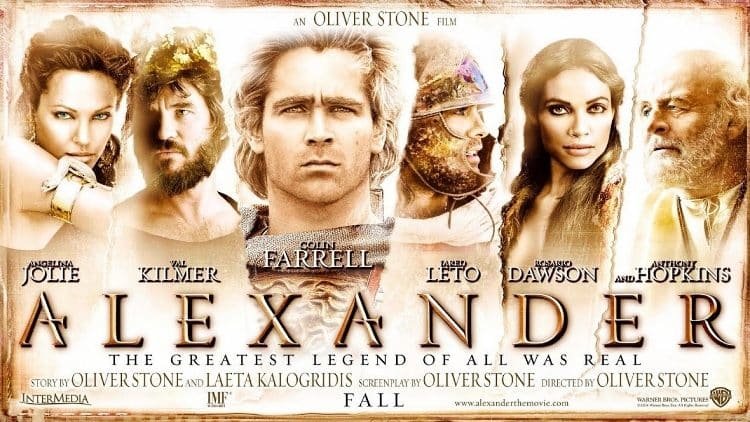Greek Mythology Through Video
World creation and the rise of gods 🤯
Birth of Athena: The Incredible Origin of the Goddess of Wisdom 😲
Athena Vs Poseidon – The Clash of Gods – The Origin of the City of Athens 🫣
The Gods Against Zeus – the Olympian Rebellion 🫡
The Punishment of Prometheus: The Creation of Humanity. Does this resemble something familiar?! 🤔
Pandora’s Box: The Story of the First Woman Created by the Gods 😱
Ares and Aphrodite: The Hephaestus Net 🤩
Hades and Persephone: The Abduction Goddess of Spring and Queen of the Underworld and why we have seasons! 😭
Adonis: The Man Disputed by Two Goddesses 😍🥰
Are there still people who follow ancient Greek religion? 🤔
Why Ancient Greeks created their mythology?
The mythology of the Ancient Greeks was a rich and integral part of their culture, created for several interconnected reasons:
1. Explaining the Natural World: The Greeks used myths to make sense of natural phenomena. Before scientific knowledge, myths provided explanations for events like storms (Zeus’s anger), earthquakes (Poseidon striking the earth), or the changing seasons (Persephone’s journey to the underworld). These stories helped people understand and relate to the world around them.
2. Understanding Human Nature: Greek myths explored themes of love, betrayal, ambition, jealousy, and courage, reflecting the complexities of human behavior. By personifying these traits in gods and heroes, myths served as a mirror for human experiences and emotions.
3. Providing Moral and Social Lessons: Many myths contained lessons about morality, justice, and the consequences of one’s actions. Stories like that of Icarus warned against hubris and overreaching ambition, while others emphasized virtues such as loyalty, bravery, or wisdom.
4. Reinforcing Religious Beliefs and Practices: Greek mythology was deeply intertwined with their religion. It offered narratives that explained the origins of their gods, rituals, and temples, creating a shared spiritual framework. Festivals, sacrifices, and ceremonies were often tied to these stories.
5. Cultural Identity and Unity: Myths helped unify the Greek people by providing a shared set of stories and characters that connected city-states with diverse customs. Heroes like Hercules and Odysseus represented ideals of Greek identity and inspired pride.
6. Entertainment and Artistic Inspiration: Mythology was also a source of entertainment. It was told through epic poems, plays, and oral traditions. These stories inspired art, sculpture, architecture, and literature, enriching Greek cultural life.
7. Explaining the Origins of the Universe and Humanity: Myths answered existential questions about the origins of the world, humans, and even death. For example, the universe’s origin story and the gods’ genealogy, give a sense of order to existence.
In essence, Greek mythology served as a way for ancient Greeks to explore and express their understanding of life, their place in the universe, and the divine forces they believed influenced their world.


